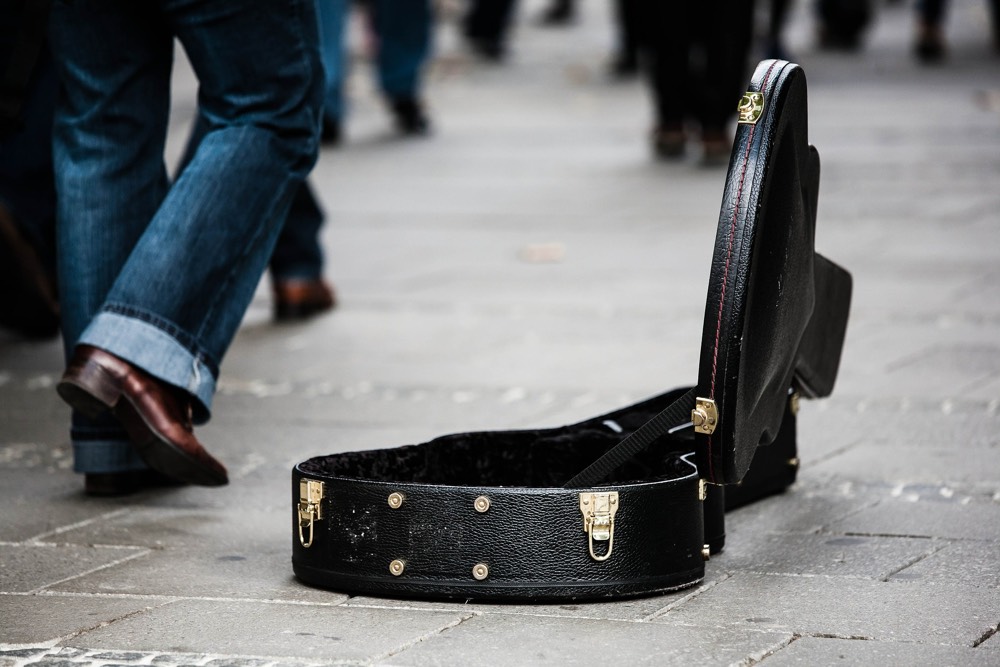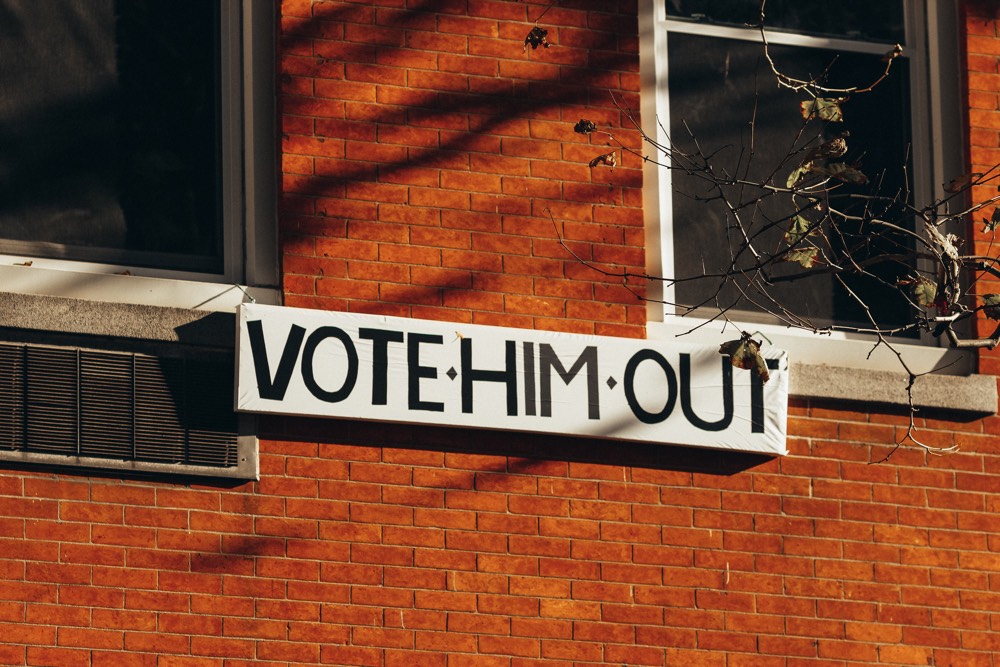I wrote a piece at Bolder Advocacy about the cynical and terrifying attempts by many states to selectively block people from voting and — worse — setting up structures to make subverting elections easy. A snippet:
More Americans voted in 2020 than any previous election, with the highest percentage of eligible voters participating since 1960. This historic turnout is made all the more impressive considering that it occurred in the middle of a pandemic. Nonprofits played a critical role in making this happen through voter education, voter registration, and get-out-the-vote drives. And while many 501(c)(4)s and other groups did this in a partisan way, nonpartisan efforts by 501(c)(3)s lead the way for the most robust display of democracy the country has seen in decades.
In response, Republican state lawmakers have passed at least 22 laws aimed at suppressing the right to vote in more than 14 states. These laws are clearly designed to target traditionally Democratic voters, and have included provisions mandating onerous voter ID requirements, dramatic reductions in early voting, and the creation of additional burdensome levels of bureaucracy that non-profits organizing nonpartisan voter registration drives now need to navigate. Several of these laws targeting non-profits include criminal penalties for small violations, such as Iowa’s new law that could subject people to a year in jail for collecting and submitting legal and valid voter registration forms.
Read more at Bolder Advocacy. As is typical in my professional writing life, things happen after I finish a draft. Today DOJ announced it filed a complaint against the egregiously awful Georgia law, arguing it violates Section 2 of the Voting Rights Act. Rick Hassen, as per usual, has great initial thoughts on this and how it might be intertwined with the soon-to-come Brnovich ruling dropping any day now.


